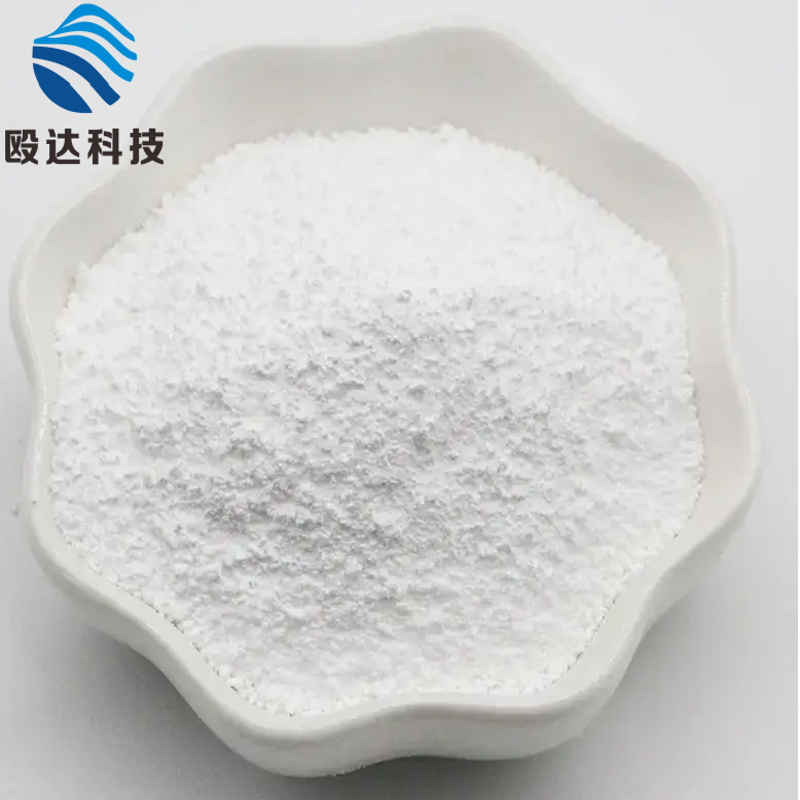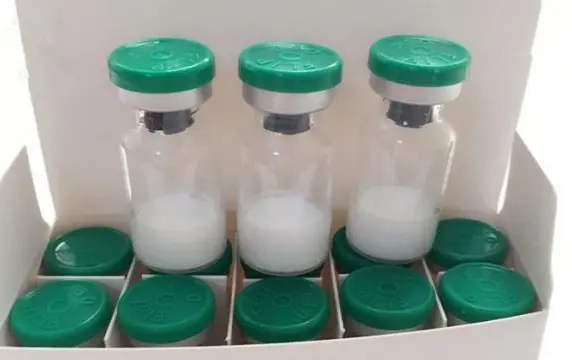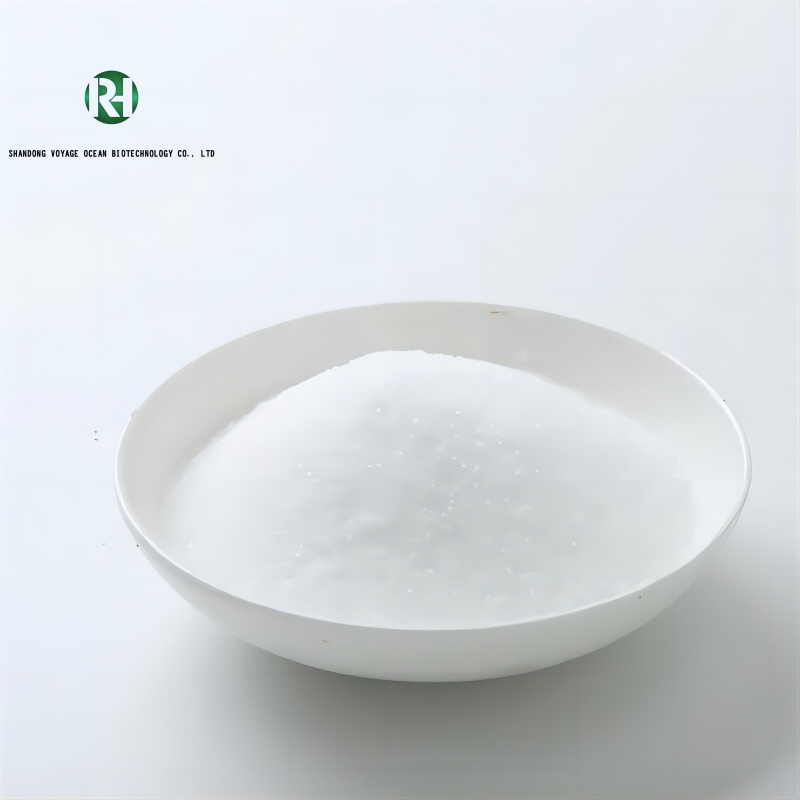-
Categories
-
Pharmaceutical Intermediates
-
Active Pharmaceutical Ingredients
-
Food Additives
- Industrial Coatings
- Agrochemicals
- Dyes and Pigments
- Surfactant
- Flavors and Fragrances
- Chemical Reagents
- Catalyst and Auxiliary
- Natural Products
- Inorganic Chemistry
-
Organic Chemistry
-
Biochemical Engineering
- Analytical Chemistry
- Cosmetic Ingredient
-
Pharmaceutical Intermediates
Promotion
ECHEMI Mall
Wholesale
Weekly Price
Exhibition
News
-
Trade Service
· Selinexor can significantly improve the progression-free survival of patients with advanced non-removable decissive fatty sarcoma who have previously received at least 2 treatment options (risk ratio of 0.70, p=0.023) According to SEAL Phase III clinical data, Selinexor has great potential in the field of solid tumors On December 1, Deki Pharmaceuticals announced that its strategic partner Karyopharm Therapeutics Inc. (hereinafter referred to as Karyopharm) will close in 2020. Data from Phase III clinical trials of Celinexor (ATG-010, US trade name XPOVIO®) for the treatment of advanced liposarcoma (SEAL) are published at the Annual Meeting of Tissue Oncology (CTOS 2020). the
SEAL study, a randomized, double-blind, placebo-controlled cross-study designed to assess the efficacy and safety of Selinexor single-drug therapy and placebo-controlled patients with late-stage non-surgically removable neurotic liposarcoma, reached the end of the main study and significantly prolonged the patient's progression-free survival (PFS).
the study data will be used to support Karyopharm's application to the U.S. Food and Drug Administration (FDA) for a new drug in the first quarter of 2021.
and Karyopharm launched a strategic partnership in 2018 to obtain exclusive development and commercial interests in ATG-010 (Selinexor), ATG-016 (Eltanexor), ATG-527 (Verdinexor) and ATG-019 (KPT-9274) in 17 countries and regions in Asia Pacific.
Currently, Deqi Pharmaceuticals is conducting a number of clinical studies in China on ATG-010 (Selinexor), including registered clinical trials for the treatment of recurring multiple myeloma and diffuse large B-cell lymphoma, as well as clinical trials of non-small cell lung cancer, outer T-cell lymphoma and NK/T cell lymphoma based on high-risk tumor species in the Asia-Pacific region.
addition, Deqi Pharmaceuticals is in the Asia-Pacific region for THEG-010 new drug market applications.
study of the SEAL study of phase II/III SEAL results showed that the progression-free survival of the Selinexor group was 2.83 months and that of the placebo group was 2.07 months (risk ratio of 0.70; p=0.023).
data show that Selinexor reduces a patient's risk of disease progression or death by about 30 percent compared to a placebo.
six-month progression-free survival rates were 23.9 percent and 13.9 percent, respectively, in the Selinexor and placebo groups.
12-month progress-free survival rate was 8.4 per cent and 2 per cent, respectively, for the two groups.
in reducing the disease load on patients (in terms of shrinking tumor-targeted lesions), 7.5 percent of patients in the Selinexor group decreased by more than 15 percent, while patients in the placebo group did not observe the change.
SEAL trial design allows placebo group patients to cross into the Selinexor group after objective disease progression.
treatment-related adverse events in the SEAL study included blood cell reduction, gastrointestinal and systemic symptoms, consistent with previous Selinexor studies.
most adverse events can be controlled through dose adjustment and symptom support therapy.
most common treatment-related non-hematological system adverse events include nausea (81%), decreased appetite (60%), fatigue (51%) and vomiting (49%), and are mainly level 1 and 2 adverse events.
3 and 4 adverse events associated with the most common treatment include anemia (19%), hyponatreemia (11%), thyroid reduction (10%) and fatigue (10%).
Since 2012, Selinexor has conducted clinical trials on a wide range of tumors worldwide and has been FDA-approved for the treatment of recurring refractic multiple myeloma and recurring refractic diffuse large B-cell lymphoma, and is currently the only FDA-approved nucleoprotein1 (XPO1) inhibitors, whose application for complementary new drugs (sNDA) for patients with multiple myeloma 2 lines and above have been submitted to the FDA to expand the new adaptation of Selinexor, the PDUFA date of March 19, 2021.
。







